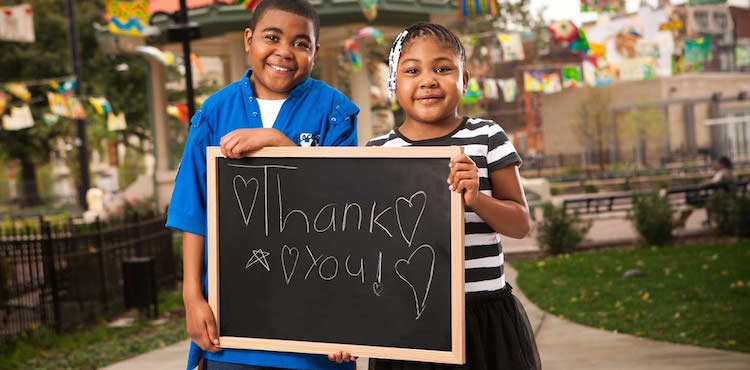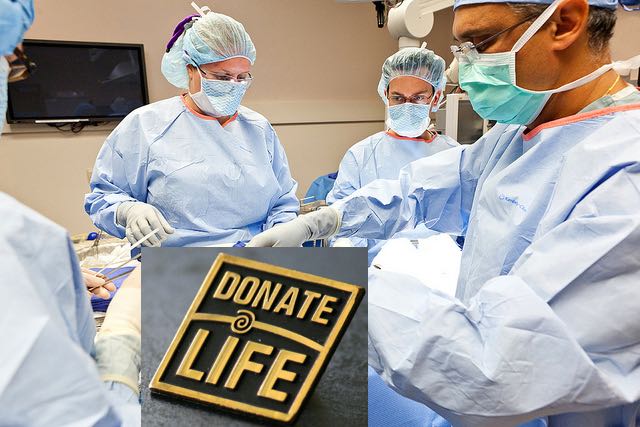Organ transplants performed in the United States for the first time exceeded 30,000 in a single year, according to a report from the branch of the US Department of Health and Human Services that oversees national organ transplantation policy.
“This landmark achievement is a testament to the generosity of the American public to help others through donation, and their trust in the transplant system to honor their life-saving gift,” said Betsy Walsh, President of the Organ Procurement and Transplantation Network (OPTN).
WATCH: Patient Gets Engaged to Marine Who Gave Her Best Gift of All, Life
The 30,973 transplants represent an increase of nearly 4.9 percent over 2014 and continues a three-year trend of record-breaking totals. 81 percent of the transplants involved organs from deceased donors, who can donate multiple organs, while 19 percent were made possible by living donors.
If you are not a registered organ donor, you can sign up here.
Notable trends included the following:
- The proportion of African-American and Hispanic deceased donors increased: 16.3 percent were African-American and 13.6 percent were Hispanic.
- While the 5,986 living donor transplants in 2015 remain below all-time records, they represent an increase of nearly 2.9 percent over 2014.
- The proportion of living donors older than 50 increased slightly, with a slight decline in the proportion of living donors between the ages of 18 and 34.
More than 121,000 men, women and children continue to wait for a transplant.
CHECK OUT: Strangers Pay It Forward Today in Largest Kidney Swap, Saving 28 Lives
“As the nation’s transplant network, we will continue to seek improvements to the matching system to ensure that more organs are accepted and used with the best possible outcomes for recipients,” added Walsh. “Opportunities remain for us to use more of the organs currently donated, even as we hope for more people to choose to save lives through donation.”
United Network for Organ Sharing serves the Organ Procurement and Transplantation Network by contract with the U.S. Department of Health and Human Services, Health Resources and Services Administration, Division of Transplantation. The OPTN brings together medical professionals, transplant recipients and donor families to develop national organ transplantation policy.
Photo credits: (home) United Network for Organ Sharing; (top) ND Nat’l Guard and Karol Franks, CC





















